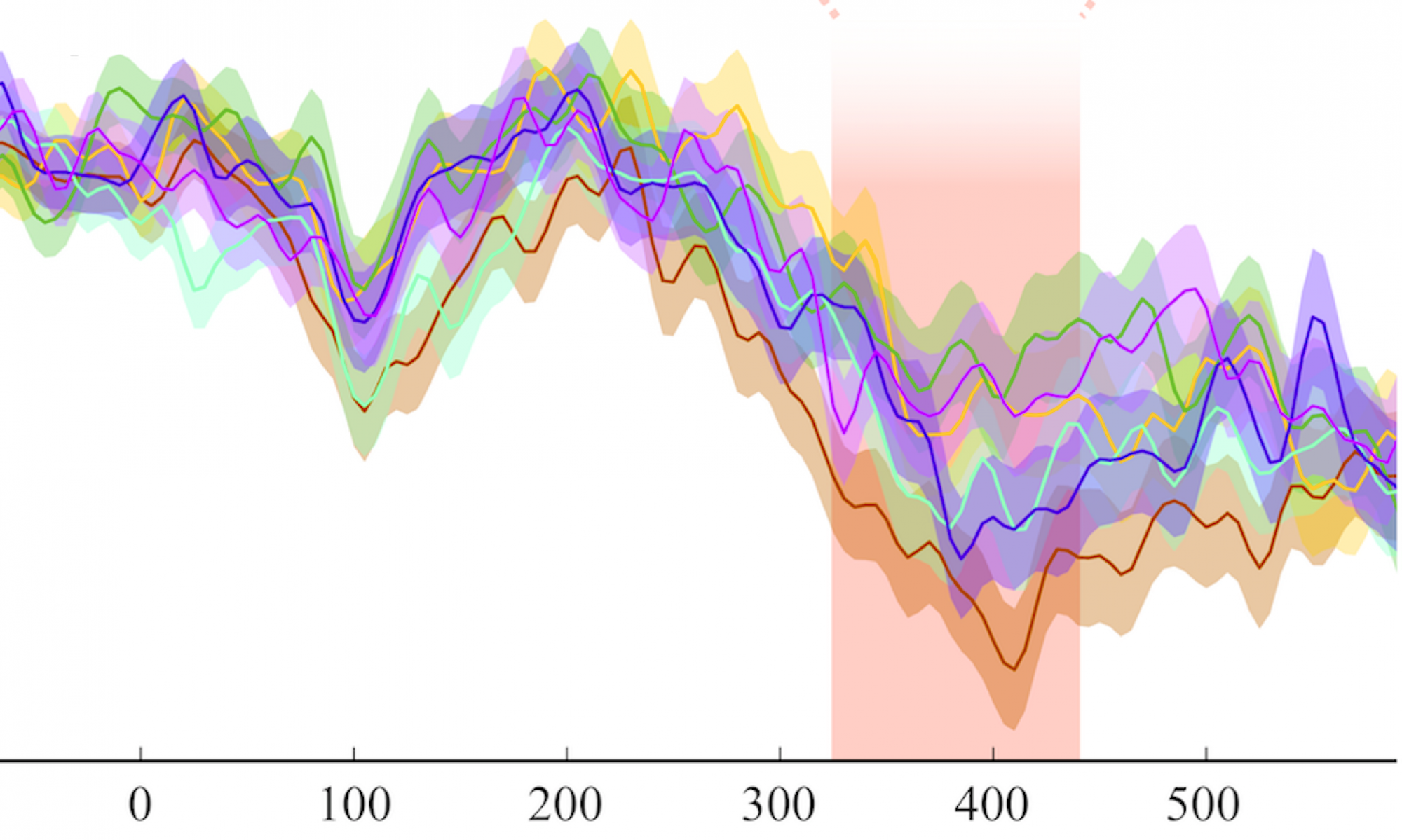This groundbreaking study is the first ever to investigate how the morphological processes of Reduplication, Infixation and Circumfixation are parsed using Magnetoencephalography to measure brain responses. The overwhelming majority of research on morphological processing has been restricted to Indo-European languages, in which Reduplication, Infixation and Circumfixation are not present. But these are all perfectly normal and common ways of building complex words in Tagalog and many related Austronesian languages. In this experiment, we have discovered that reduplicated prefixes, infixes, and circumfixes all trigger the same early, form based morphological decomposition mechanisms previously only observed for prefixes and suffixes in languages like English and Greek. MMMRG PhD student, and Tagalog native speaker, Dave Kenneth Cayado is building on these initial results in his PhD research, and we are conducting a follow up study to investigate morphological re-composition as part of our SAVANT project.

